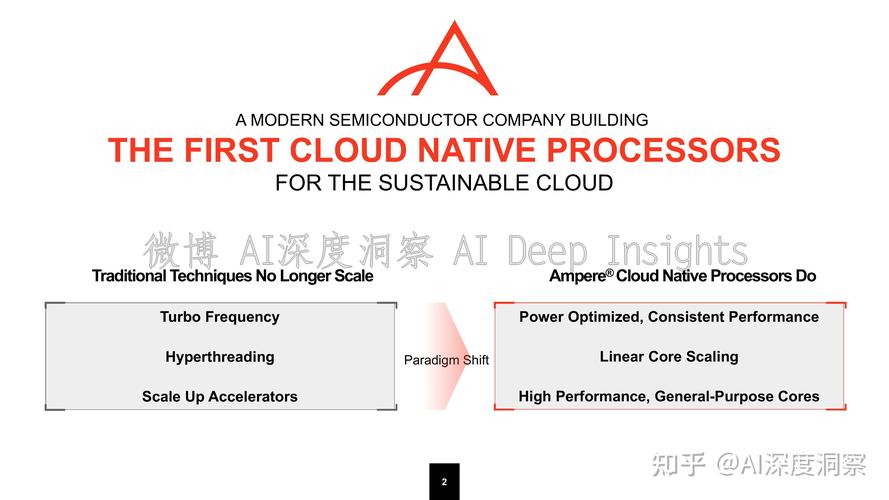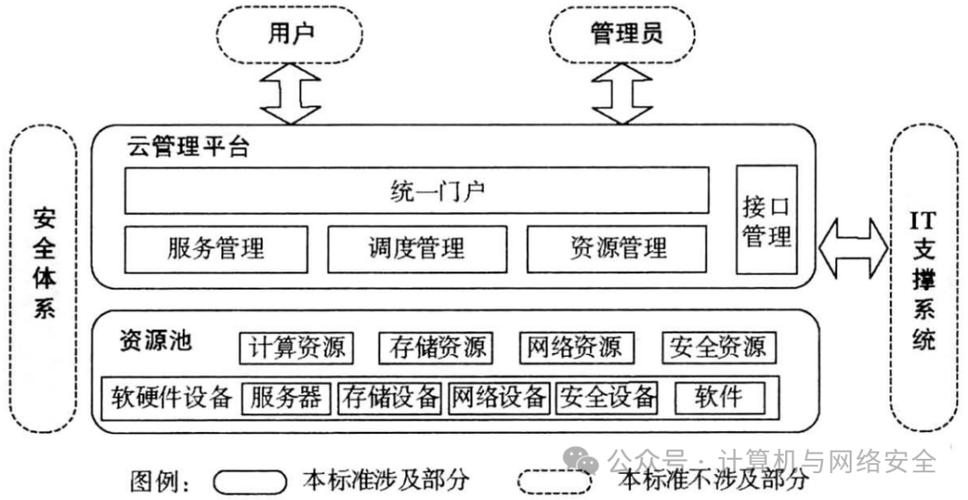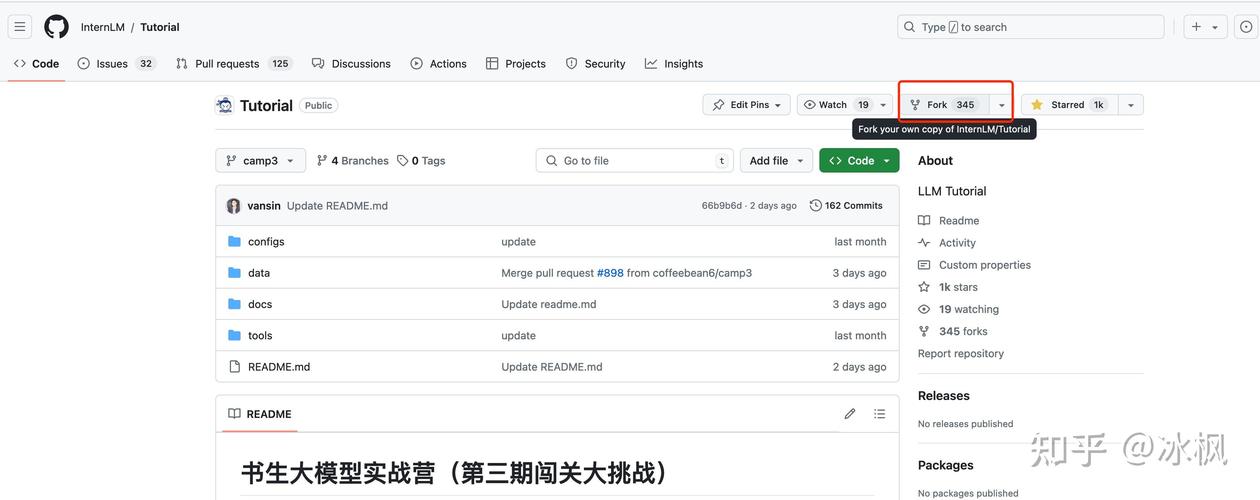云核算(Cloud Computing)是一种根据互联网的核算方法,它将核算使命散布在很多核算机构成的资源池上,运用户可以按需获取核算资源、存储空间、应用程序等服务。云核算英语中常用的词汇和短语包含:
1. Cloud Computing(云核算)2. Cloud Service Provider(云服务提供商)3. Public Cloud(公有云)4. Private Cloud(私有云)5. Hybrid Cloud(混合云)6. Infrastructure as a Service(IaaS,基础设施即服务)7. Platform as a Service(PaaS,渠道即服务)8. Software as a Service(SaaS,软件即服务)9. Cloud Storage(云存储)10. Cloud Backup(云备份)11. Cloud Migration(云搬迁)12. Cloud Security(云安全)13. Cloud Native(云原生)14. Virtualization(虚拟化)15. Containerization(容器化)16. Microservices(微服务)17. DevOps(开发运维一体化)18. Continuous Integration/Continuous Deployment(继续集成/继续布置,简称CI/CD)19. Cloud Bursting(云迸发)20. Cloud Networking(云网络)
这些词汇和短语涵盖了云核算的各个方面,包含服务类型、技能完成、安全性和运维等。了解这些词汇和短语有助于更好地了解和运用云核算。
Introduction to Cloud Computing

Cloud computing has revolutionized the way businesses and individuals access and utilize digital resources. It refers to the delivery of computing services over the internet, including servers, storage, databases, networking, software, analytics, and intelligence. This article aims to provide an overview of cloud computing, its benefits, types, and its impact on various industries.
What is Cloud Computing?
Benefits of Cloud Computing
There are several benefits of adopting cloud computing:
Cost Efficiency: Cloud computing eliminates the need for expensive hardware and software investments, as users can pay for only what they use.
Scalability: Cloud services can be easily scaled up or down based on demand, allowing businesses to adapt quickly to changing requirements.
Accessibility: Users can access cloud resources from anywhere with an internet connection, providing flexibility and convenience.
Disaster Recovery: Cloud computing offers robust disaster recovery solutions, ensuring business continuity in the event of a system failure.
Collaboration: Cloud-based tools facilitate collaboration among team members, regardless of their physical location.
Types of Cloud Computing
Cloud computing can be categorized into three main types:
Public Cloud: This type of cloud computing is provided by third-party service providers and is available to anyone on the internet. Examples include Amazon Web Services (AWS), Microsoft Azure, and Google Cloud Platform.
Private Cloud: A private cloud is dedicated to a single organization and can be hosted on-premises or by a third-party service provider. It offers more control and security but requires significant investment in infrastructure.
Hybrid Cloud: A hybrid cloud combines public and private cloud services, allowing organizations to leverage the benefits of both. This approach provides flexibility and scalability while maintaining control over sensitive data.
Impact of Cloud Computing on Industries
Cloud computing has had a significant impact on various industries:
Healthcare: Cloud computing enables healthcare providers to securely store and share patient data, improve collaboration among healthcare professionals, and streamline administrative processes.
Education: Cloud-based tools facilitate online learning, collaboration among students and teachers, and access to educational resources from anywhere.
Finance: Cloud computing helps financial institutions manage risk, comply with regulations, and improve customer service by providing scalable and secure computing resources.
Manufacturing: Cloud computing enables manufacturers to optimize production processes, improve supply chain management, and develop innovative products.
Challenges and Concerns
While cloud computing offers numerous benefits, there are also challenges and concerns to consider:
Security: Storing sensitive data in the cloud raises concerns about data breaches and unauthorized access.
Reliability: Organizations must ensure that their cloud service providers offer reliable and redundant services to avoid downtime.
Vendor Lock-in: Moving to the cloud can lead to vendor lock-in, making it difficult to switch providers or migrate to another cloud platform.
Conclusion

Cloud computing has become an essential component of modern business and personal life. Its ability to provide scalable, cost-effective, and flexible computing resources has transformed the way we work, learn, and live. As technology continues to evolve, cloud computing will undoubtedly play a crucial role in shaping the future of various industries.
Tags:










